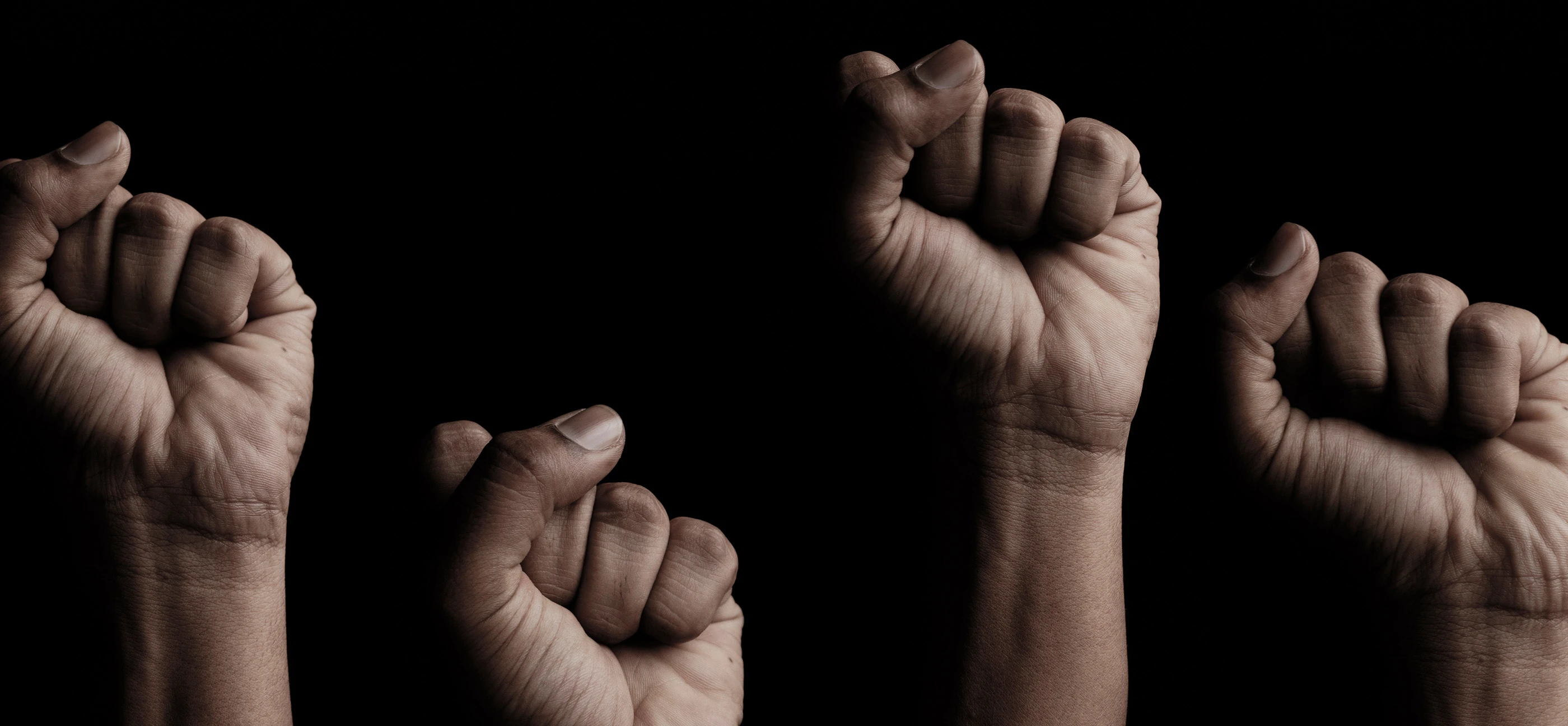
The Institute for the Study of Business in Global Society (BiGS) welcomed scholars to Harvard Business School last year to advance their research about race, diversity, inclusion, and inequality.
As the nation reflects on issues such as these during Black History Month, we asked the BiGS Fellows to highlight key considerations that aren’t at the forefront of today’s dialogue about racial discrimination and injustice. Here’s what they said:
Broderick Turner: Anti-Black racism affects White people
We do not connect the dots on how racism harms White people—but it does. Anti-Black racism makes the lives of most White people much worse.
Take single-family zoning. Legislating that only single-family homes of a certain size can be built together was a radical experiment that initially aimed to separate Black home buyers from White homeowners. Today, as a result, it’s more expensive to purchase a home than to rent one in 95 percent of America. This one racist policy has led to an affordable housing crisis that impacts most White home buyers today.
I often ask how racism harms those at the bottom of the imaginary hierarchy and those at the top, depending on the context.
Consider public pools. At one point, America was the world’s capital when it came to beautiful, free-to-the-public pools. But during the civil rights era, local governments decided to fill the pools in with concrete instead of sharing them with their Black neighbors. Again, this is an example of how racism makes the lives of White people worse.
Often, research on racial discrimination and inequality is framed in a way that considers how it impacts those harmed most. But, in my own research, I often ask how racism harms those at the bottom of the imaginary hierarchy and those at the top, depending on the context.
I believe that once we can articulate how racism harms everyone, we are closer to dismantling the system that harms us all.
Broderick Turner is an assistant professor of marketing at Virginia Tech’s Pamplin College of Business and cofounder of the Technology, Race, and Prejudice (T.R.A.P.) Lab. His research probes the ways race and racism are built into markets, business systems, and technology.
Damon Phillips: Hiring people with criminal records benefits companies and society
We should more explicitly support people with criminal records. And there are two ways to be part of that conversation: through employment and procurement.
Let’s take employment first. Formerly incarcerated people—as returning citizens—have unique experiences they can bring to organizations. Studies also show that they have lower turnover and show greater loyalty, so there's a clear business case.
On the procurement side, research I’ve conducted with Kylie Hwang shows that returning citizens are more likely to become entrepreneurs. As part of a business’ diversity initiatives, hiring a vendor or supplier owned by a returning citizen can make a big impact.
When we don’t focus on improving the fate of returning citizens, we are leaving a lot of talented but undervalued people off the table.
It is also important to keep in mind that, when we talk about returning citizens, we’re often including other marginalized and stigmatized populations. Not only are Black and Brown people more likely to be arrested, but LGBTQ+ people are incarcerated at three times the rate of straight people. Veterans are arrested at a higher rate than non-veterans. When we don’t focus on improving the fate of returning citizens, we are leaving a lot of talented but undervalued people off the table.
Fortunately, there’s a new but growing movement among employers to hire returning citizens. One good example is the Second Chance Business Coalition. This momentum has been bolstered by firms like JPMorgan Chase that are starting to take a leadership role.
Finally, I would like to note that, beyond the business case, giving meaningful opportunities to returning citizens helps prevent recidivism, thereby strengthening communities and improving public safety.
Damon J. Phillips is the Robert Steinberg Professor of Management at the Wharton School of the University of Pennsylvania, and previously was a fellow at Stanford University’s Center for Advanced Study in the Behavioral Sciences. He studies the relationship among incarceration, employment, and entrepreneurship.
You Might Also Like:
The Color of Private Equity: Quantifying the Bias Black Investors Face
Buy-In from Black Patients Suffers When Drug Trials Don’t Include Them
Feedback or ideas to share? Email the Working Knowledge team at hbswk@hbs.edu.
Image: iStockphoto/lakshmiprasad
